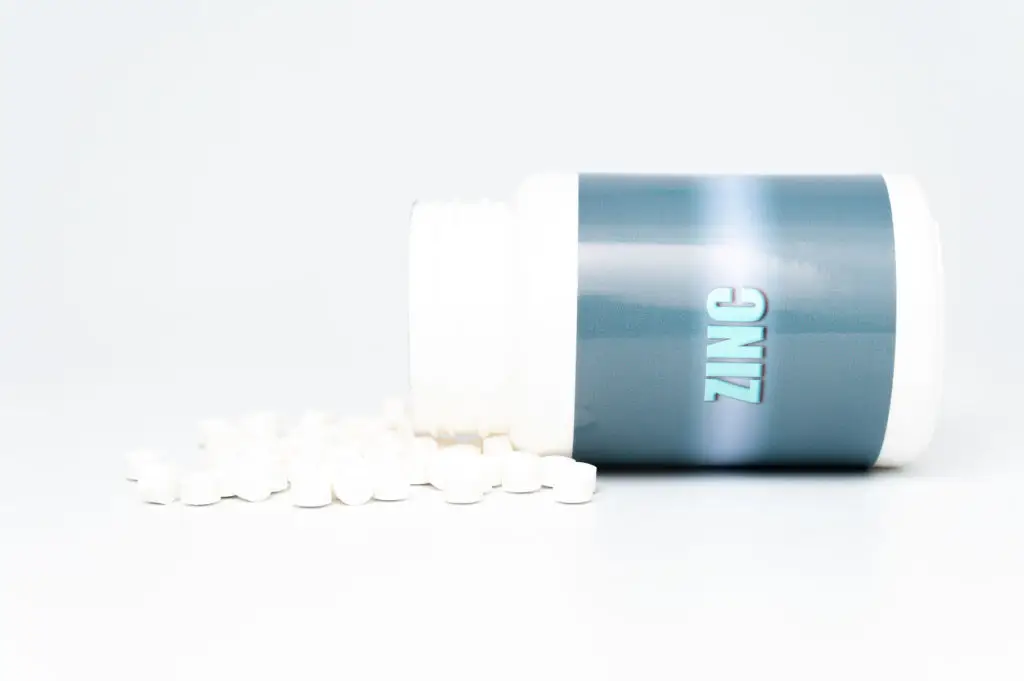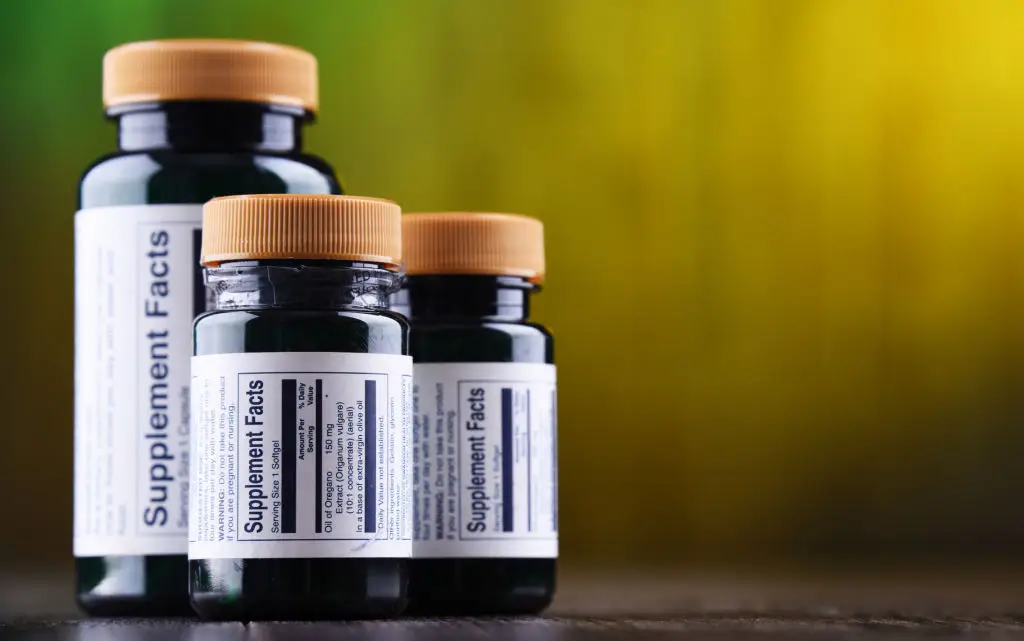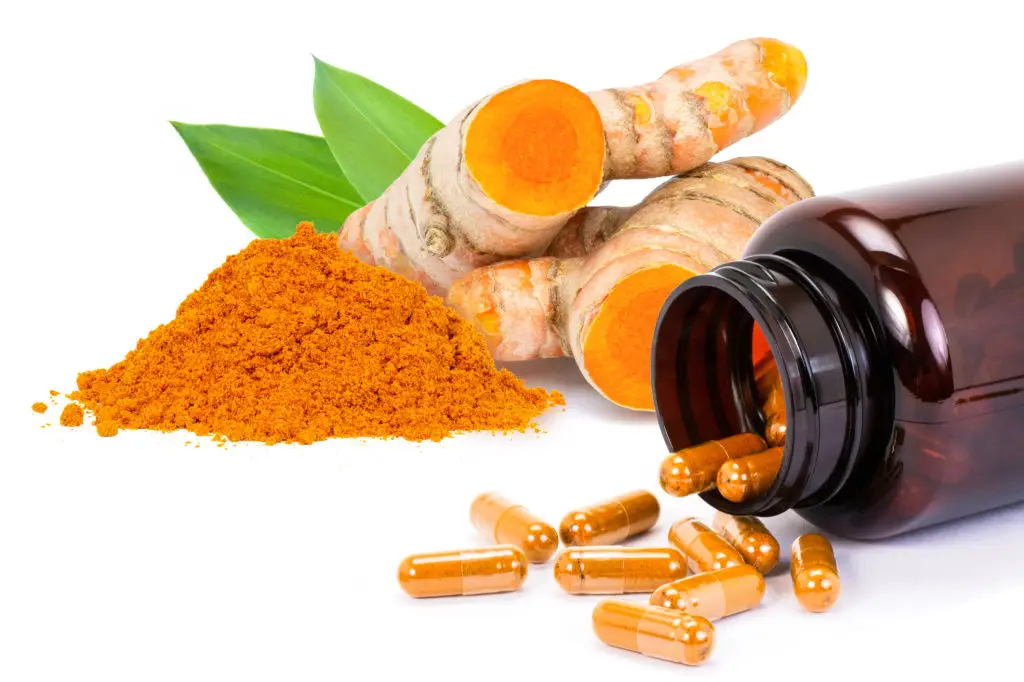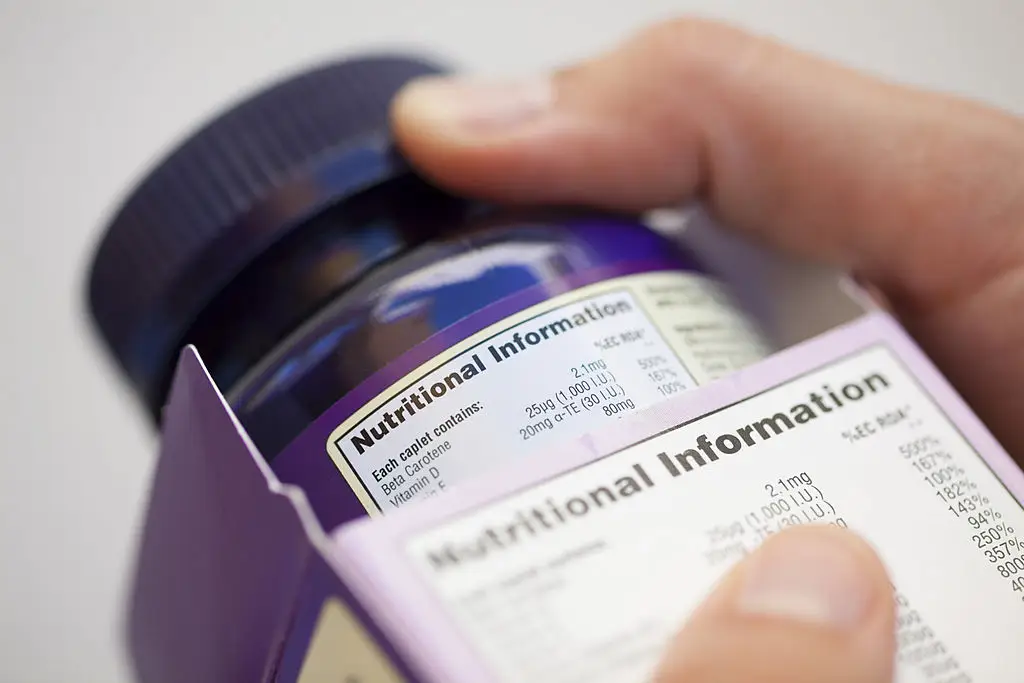The 5 'Miracle' Supplements Doctors Warn Their Patients to Avoid
Walk through any pharmacy or scroll through health sites, and you’ll find shelves promising brighter mornings, sharper minds, and years melted away—all thanks to “miracle” supplements. It’s only natural to hope that one little pill could boost your energy or protect your heart, especially when each bottle claims to be all-natural, doctor-approved, or the secret you’ve been missing. The reality? Even well-meaning shoppers can face confusion—or even hidden risks—thanks to clever marketing and a mountain of choices. That’s why so many physicians are urging their patients (and loved ones) to pause before popping certain supplements, especially those that sound too good to be true. This isn’t about creating worry or guilt. It’s about clarity: understanding what science and real-world experts are genuinely concerned about, so you can protect your wellness with confidence. Let's explore the five categories of "miracle" supplements that doctors and medical authorities say you’re wise to think twice about. Because every step you take toward informed self-care is a win for your long-term vitality.
1. Sexual Enhancement Supplements with Hidden Drug Ingredients

Supplements promising to spark romance and restore confidence can be especially tempting. Unfortunately, some of the biggest risks come from sexual enhancement products marketed as “miracle” cures. The FDA recently analyzed Natural MiracleZEN Platinum 70000 and found it secretly contained prescription medications—specifically ingredients used in Viagra—without listing them on the label. This isn't just a small technical foul; it's a dangerous trick that exposes users to real health threats. If you’re taking any heart medications—like nitroglycerin—these hidden drugs can cause sudden drops in blood pressure or even life-threatening interactions. Many consumers see “all natural” on the bottle and understandably assume it’s harmless, but these claims have proven dangerously misleading. The FDA continues to pull these products from shelves and advise the public about the risks. Doctors urge patients to never take sexual enhancement supplements without discussing them first, no matter how benign the packaging looks. Unlisted ingredients are more common than you’d think, and the adverse effects range from uncomfortable to alarming. In the world of health, transparency matters—a reminder that the best “miracle” is an open conversation with your care provider.
2. High-Dose Zinc Supplements for Immunity

In times when everyone’s searching for extra immune support, zinc often gets star billing. And while zinc is important, more is not always better—in fact, doctors warn it can quickly swing from helpful to harmful. Any supplement with more than 40 milligrams per day of zinc exceeds the FDA’s safe upper limit. Expert guidance from Dr. Nora Tossounian, MD, highlights that “long-term, unsupervised intake above 40 mg is not recommended,” echoing warnings from other physicians such as Dr. Daniel Kim. For adults over fifty, the danger is even greater: too much zinc can lead to copper deficiency, anemia, or lower “good” cholesterol, which is crucial for heart health. Zinc can also interfere with common prescriptions, including antibiotics and diuretics. The myth that loading up on zinc will supercharge your immune system just doesn’t hold up under scrutiny. Instead, high doses work against your well-being, weakening your immune response and causing ripple effects you can’t see on a supplement label. Next time a bottle promises instant resilience, remember: when it comes to minerals, moderation really does matter, and your safest bet is to check with your doctor before starting any new supplement routine.
3. Anti-Aging Supplements That May Damage Skin Health

Who doesn’t want to maintain vibrant, youthful skin? The supplement industry offers endless products that promise to “turn back the clock”—but many dermatologists caution these claims are more hope than help. Iron is a classic example: it’s vital for health, but only if you are actually deficient. Taking iron when your body doesn’t need it can cause tissue damage, make blood too thick, and ironically, accelerate visible aging by stressing skin cells. Board-certified skin experts note that other common “anti-aging” ingredients may actually dry out skin, disrupt natural collagen balance, or cause unpredictable breakouts. The takeaway is not to fear all supplements, but to avoid those that haven’t been specifically recommended for your body’s needs. Before you add another “youth in a bottle” to your routine, consider getting a simple blood test or asking your dermatologist for advice. True skin radiance comes from balance, self-care, and smart choices—not from chasing every shiny new promise on the shelf.
4. Mineral Supplements Without Testing

Many people reach for mineral supplements—calcium, iron, magnesium, zinc—as “insurance” for their health, often without checking whether they actually need them. It’s a classic good intention gone wrong. Doctors caution that routinely taking minerals without lab confirmation can upset your body’s delicate balance. Too much of certain minerals can trigger issues like blood thickening, tissue calcification, or even hardening of the arteries. These risks aren’t reserved for rare cases—overloading the system is surprisingly common, especially among adults who stack multiple supplements. Medical professionals recommend confirming deficiency with a basic blood test before starting any mineral supplement, instead of relying on symptoms or advertising claims. The best wellness journey recognizes your body’s unique needs, not generic “one size fits all” advice. Trust your provider to help you build a supplement plan that genuinely supports (rather than complicates) your long-term health.
5. Herbal Supplements with Injury Risk

Nature has plenty of healing gifts, but concentrated herbal supplements—even those with the friendliest reputations—can carry hidden risks. Doctors often hear patients ask whether popular products like turmeric, niacin, or green tea extract are “safe because they’re natural.” Unfortunately, high doses packed into capsules can stress the liver or interact with everyday medications. For example, turmeric and green tea extract have been linked to liver injury, while excessive niacin is known for flushing and, in higher amounts, can pose a real burden on the liver. The catch is that what’s harmless in food can be hazardous when isolated and amplified in supplement form. Experts agree: before adding herbal pills or powders to your daily routine, talk to a healthcare provider who understands your medical history and current prescriptions. That way, you still get the benefits of nature—just without the surprises.
Empowerment Through Knowledge: The Smartest Supplement Strategy

Choosing wellness products isn’t about avoiding every risk or knowing every detail—it's about equipping yourself with knowledge and making each decision count for your well-being. Doctors share supplement warnings not to take away hope, but to help you avoid the frustration (and danger) of false promises. The real “miracle” often lies in honest conversations with your healthcare team and trusting that your body’s needs are unique, not average. Before starting any supplement that claims instant results, ask yourself: Is there strong medical evidence? Have I considered how it could interact with my current health and medications? Remember, your intuition and questions are powerful tools—using them means you’re not just following trends, but choosing a wiser, safer path for lasting health. Each thoughtful choice you make honors your experience, your future, and your ongoing journey toward vibrant living.
